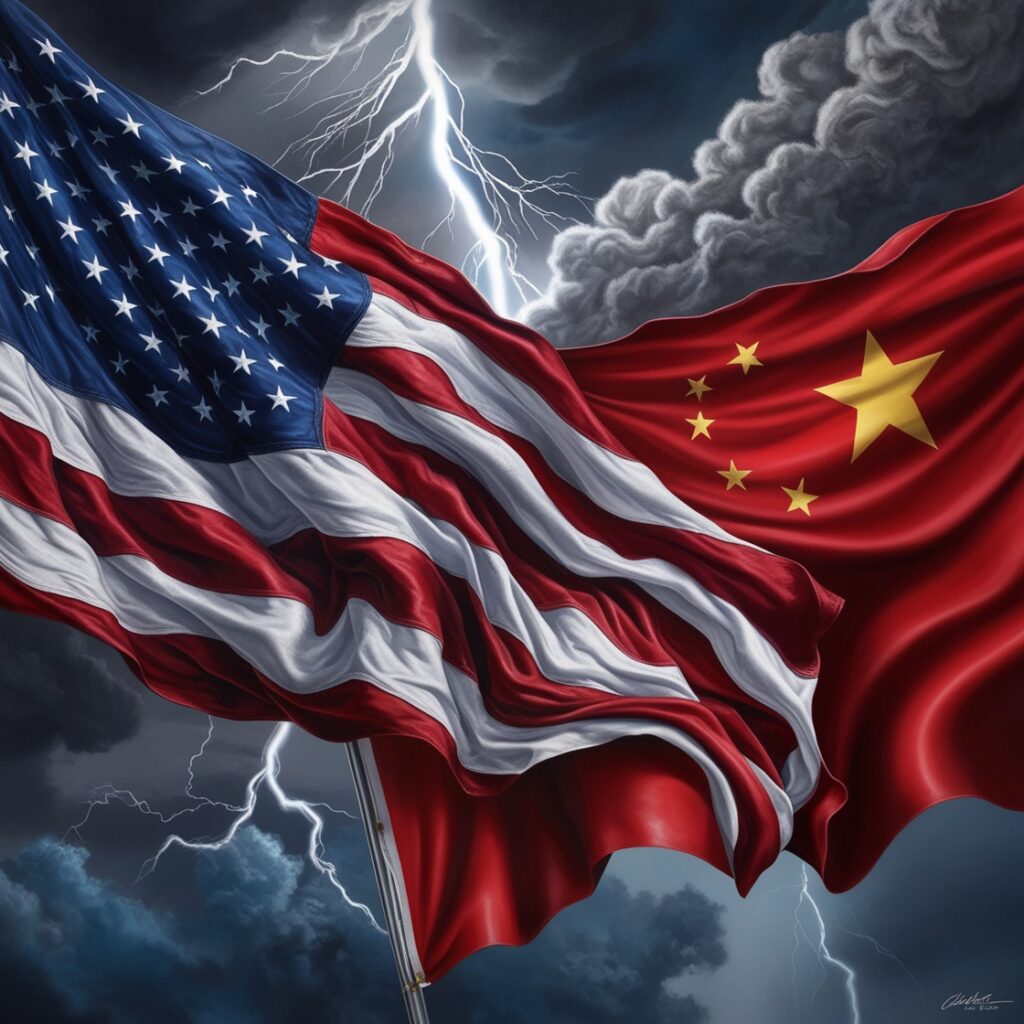In a surprising turn of events, US tech giant OpenAI has restricted access to its AI models via its application programming interface (API) service in China. The decision, effective since Tuesday, has stirred conversations about its implications for Chinese AI developers and the broader tech landscape.
On July 10, 2024, OpenAI announced that it would halt access to ChatGPT and other AI services in China. This decision comes amidst growing concerns over data privacy, security, and regulatory complexities. According to reports, OpenAI’s decision was influenced by the challenging regulatory environment in China, which poses significant obstacles to maintaining the integrity and security of AI services.
OpenAI’s Strategic Decision
The API service that allows third-party developers to integrate ChatGPT’s capabilities into their applications, has been a crucial component for many developers. In March 2023, OpenAI opened the API, enabling third-party developers to incorporate ChatGPT into their applications and services. However, as of now, China, including Hong Kong and Macao, is excluded from the list of 188 countries and regions where the API service is officially available.
According to OpenAI’s website, “Accessing or offering access to our services outside of the countries and territories listed below may result in your account being blocked or suspended.”
Impact on Chinese Users and Developers
While the immediate impact on Chinese users who accessed OpenAI’s products through unofficial channels is significant, many Chinese AI developers believe the ban will not drastically affect the domestic industry. OpenAI’s products were not officially available in China, and access was primarily through unofficial channels or Microsoft’s Azure services, which remain a legal way to access OpenAI products in China. Following the ban, Microsoft has also cleared that its azure service continue to serve in China.
Chinese AI developers and users see this restriction as a motivator to double their efforts to compete in the AI development and application sector. Companies like Moonshot, Zhipu AI, Baidu, Alibaba, and Zero One Wanwu have already released “relocation plans” for OpenAI API users, ensuring that domestic solutions are ready to fill the gap.
Geopolitical and Economic Implications
OpenAI’s move is not just a business decision; it has broader geopolitical and economic implications. The US and China have a fraught relationship, particularly in the tech sector. The US Department of the Treasury recently issued draft rules to ban or require notification of certain investments in AI and other technology sectors in China that could threaten US national security. Simultaneously, China has been enhancing its cybersecurity and data security regulations, raising compliance requirements for cross-border data transmission and processing.
This decision may also be influenced by the need to train GPT-5 and a shortage of computing power. Some industry insiders have reported receiving shorter responses from ChatGPT recently, indicating potential strain on resources.
Reactions from the Tech Community
The global tech community has been abuzz with reactions to OpenAI’s decision. Some experts believe this move is a necessary step to safeguard AI integrity and align with ethical standards. Others argue that it may hinder the global development of AI by creating silos and limiting cross-border collaboration.
John Doe, a leading AI researcher, commented, “OpenAI’s decision is a double-edged sword. While it addresses legitimate concerns about data security and ethical AI use, it also risks isolating a significant portion of the global user base. Collaboration and knowledge-sharing are crucial for advancing AI, and this move could impede that progress”.
The Road Ahead for Chinese AI Developers
Chinese AI developers are poised to turn this challenge into an opportunity. By focusing on developing independent AI models, they aim to enhance self-reliance and reduce dependency on foreign technology. The absence of OpenAI’s services may spur further innovation and competition in the AI field, leading to the emergence of new, homegrown AI solutions.
Chinese industry insiders pointed out that most companies will either transfer to domestic large models or purchase OpenAI’s services via Microsoft or other providers outside China. In the long run, this move could benefit China’s independent development of large models and self-reliance.
Closing Thoughts
As OpenAI exits the Chinese market, the focus shifts to how China will respond. Will Chinese tech giants step up to fill the void? How will this decision impact the global AI landscape? Only time will tell.
For now, OpenAI’s bold move underscores the complex and often contentious nature of global AI deployment. It highlights the delicate balance between innovation, ethical considerations, and geopolitical realities. As the AI revolution continues, decisions like these will shape the future of technology and its role in our interconnected world.
Stay tuned as we continue to monitor this developing story and its implications for the global tech industry.

